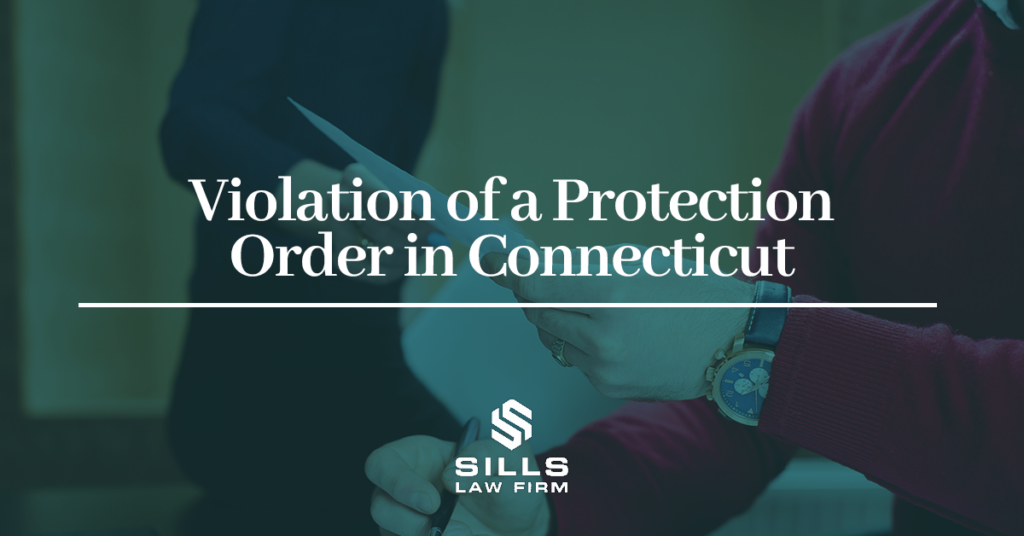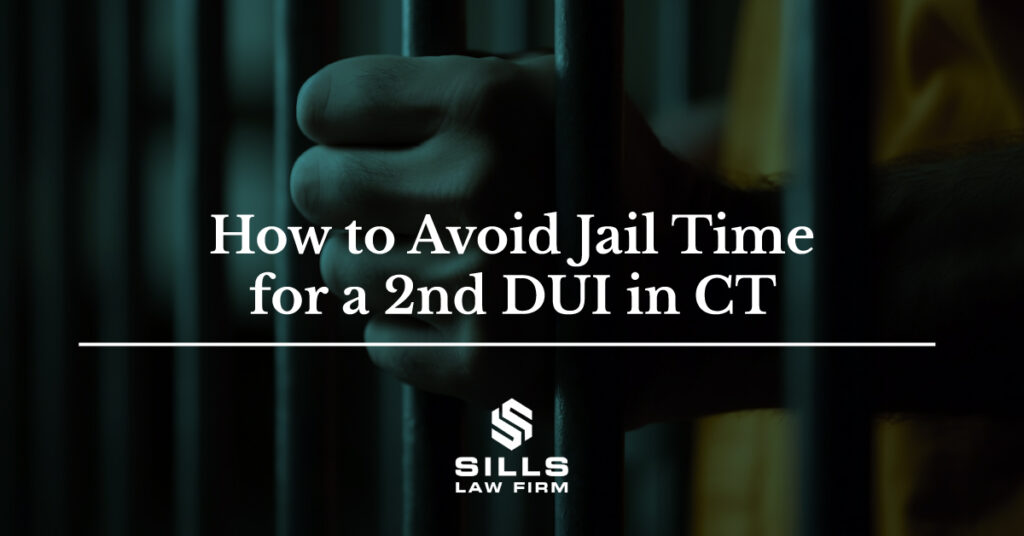In the United States, more than one million individuals were arrested for driving under the influence in 2014. While there’s nothing wrong with having a few drinks, getting behind the wheel of a car with a high blood alcohol content (BAC) increases your risk of injury or death. The National Highway Traffic Safety Administration (NHTSA) estimated 1/3 of first-time convicted drunk drivers commit the same crime later. This statistic isn’t surprising, considering alcohol often impairs judgment and skews perceptions. Those who repeat the same misdemeanor offense, however, are likely to face a more serious felony DUI charge.
What’s the Difference Between a Misdemeanor and a Felony?
Crimes are rated on a scale of the seriousness of the offense. Typically, a DUI would be listed as a misdemeanor. However, many states have imposed a limit on the number of DUI convictions accrued before the charge becomes a felony. Misdemeanors are considered less serious than felonies, and those who commit the latter will usually receive harsher punishments. Misdemeanor charges generally have jail sentences of up to one year while felonies are punishable by more than one year.
CT DUI: Felony or Misdemeanor?
Pursuant to McCoy v. Commissioner of Public Safety, 300 Conn. 144 (2011), DUI clients must be advised that DUIs are criminal in nature. A first offense conviction is viewed as an unclassified misdemeanor while a second offense and subsequent convictions are viewed as unclassified felonies.
In Connecticut, DUI becomes a felony when a person is convicted of a second DUI violation within ten years after a prior conviction for the same offense. So, if you receive a second conviction it is treated as a felony and you are considered a convicted felon.
The penalties for felony DUI in Connecticut include:
- A fine of between $1,000 and $4,000
- Up to two years in prison (mandatory 120 days)
- Probation, including 100 hours of community service
- A 45-day license suspension
- Ignition Interlock Device (IID) installation for 3 years
DUI is also a felony if an intoxicated driver causes serious physical injury or death to another person (assault with a motor vehicle and manslaughter with a motor vehicle, respectively). So, even if you have no prior DUI convictions, if your first DUI causes harm to another person, you will be charged with a felony.
Can Felony DUI Charges in CT Be Reduced?
Depending on the facts of your case, it may be possible to get your felony DUI charges reduced. This may be done for several reasons, including police errors, a violation of your constitutional rights, or a flawed chemical breath or blood test. These cases are very fact-specific and require a thorough understanding of the science behind chemical tests as well as Connecticut law.
Working with a top-rated CT drunk driving defense attorney is your best chance of having your felony DUI charges reduced – or even dismissed. With offices in Hartford and Waterbury, the Sills Law Firm is well-equipped to handle DUI defense cases throughout Connecticut. Give our law office a call today to schedule a free initial consultation with a CT DUI defense lawyer.How Long Does a Felony DUI Stay on Your Record?
How Long Does a Felony DUI Stay on Your Record?
A felony DUI conviction will stay on your record for a period of 10 years. If you are charged with another DUI during this time – known as the lookback period – then it will be considered a second (or greater) offense. Because a DUI/OUI remains on your record for an extended period of time, it is important to work with a skilled CT DUI defense attorney who can help you achieve the best outcome for your case.
It is possible to get a felony DUI removed from your record through the expungement (pardons) process. For felony DUIs, you will need to wait a period of 5 years after the date of conviction. If you have been charged with a felony DUI – or have already been convicted of a felony DUI – the Sills Law Firm can help. Reach out today to schedule a free consultation.
Can I Have a Felony DUI in CT Expunged?
It is possible to get a felony DUI expunged in CT. To qualify, you must first wait 5 years from the date of your conviction. You must also not have any open or pending charges in Connecticut or any other state.
To get a felony DUI expunged, you will need to fill out an application and compile the necessary information, including a fingerprint card, three references, and proof of employment. If you are eligible, then the Pardons Board will conduct a hearing and may issue an absolute pardon (full expungement) or a provisional pardon (certificate of employability). If you have a felony DUI conviction that you want to have expunged, reach out to the Sills Law Firm to talk to an experienced CT DUI defense lawyer about your case.
If you’re at risk of a felony conviction, ensure you have an experienced Connecticut DUI attorney on your side. Contact The Sills Law Firm today for a free and confidential case review.
Related:






